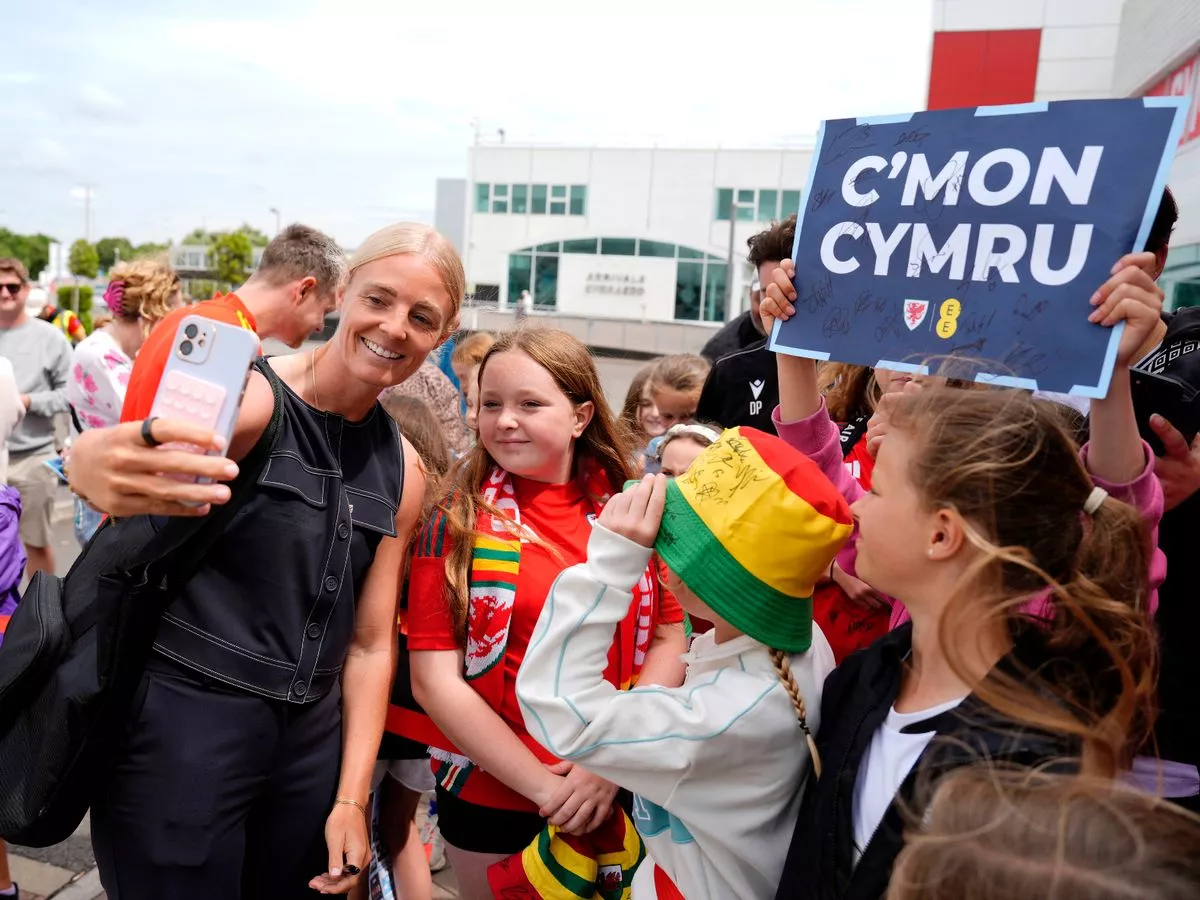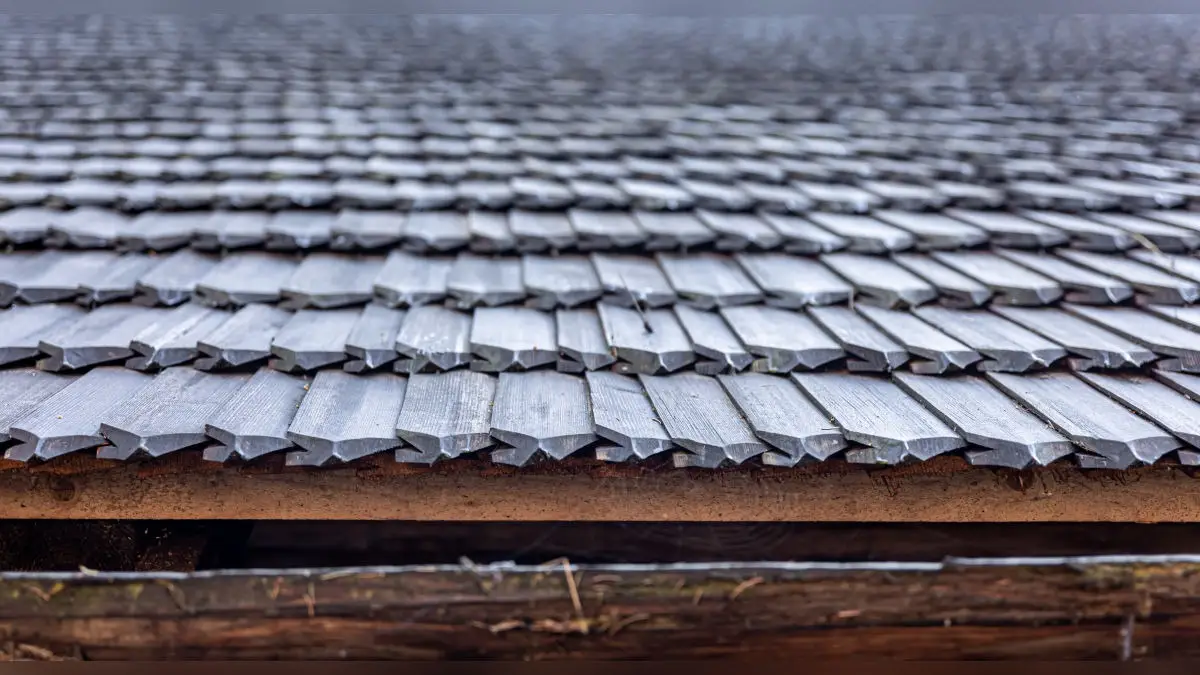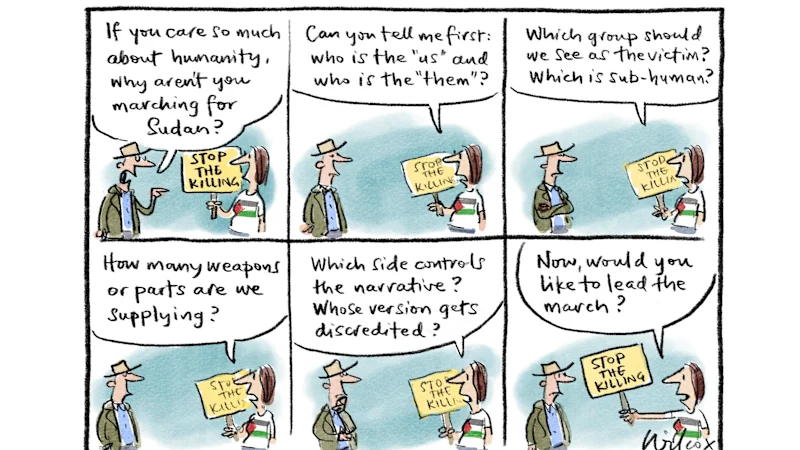Copyright walesonline

Diversity isn’t a “nice to have,” it is essential. It’s not just about who plays, it is also about who leads, who makes decisions, and who tells the stories. True inclusion means ensuring that women and girls of all ethnicities, abilities, ages, faiths, sexualities, and identities can see themselves in sport. And most importantly, know that their voice matters. Across the UK there is still significant work to be done so that all women and girls can see themselves in sport. The 2024 Diversity in Sport Governance report found progress is being made in some areas, such as increased representation of disabled people and ethnically diverse individuals on boards, but there continues to be more men than women represented at Board level across the partner organisations. In Wales, the picture is similar. More than half of Welsh national governing bodies (NGBs) have fewer than 30% women on their boards. Among lower-funded NGBs, only a quarter of board roles were filled by women, according to a Sport Wales report in 2018. While scant information is available about the current figure, some work done by volunteers to map the landscape in 2023 found out of all Welsh sports boards, women made up around 34% of all board positions. This means decisions about women’s sport are often still being made without sufficient input from women and sometimes without any at all. Why does it matter? Because representation shapes outcomes. One of the many reasons we need women and girls’ voices in sport is the major drop-off in participation among young girls. A report by Women in Sport revealed that more than one million teenage girls, about 43% of girls who once considered themselves “sporty”, disengage from sport during teenage years. Fear of judgement, lack of confidence, not feeling safe, inappropriate facilities, discomfort around puberty and a lack of role models are just some of the barriers they face. These are not small issues, they are fundamental. When girls are excluded early, they’re less likely to pursue leadership, coaching, or sit on a board, perpetuating the same cycle. Their right to a healthy and active life is effectively curtailed before they’ve even entered adulthood. And, of course, women are not a homogeneous group. Just like society, sport must reflect the diversity of women’s experiences. We need more representation from people with disabilities, from different ethnic backgrounds, sexuality and gender. Without intersectional representation we won’t achieve meaningful change. The recently published Active Nation Reports by the Youth Sport Trust, while focused on England, highlighted how factors like social deprivation and special educational needs were also factors. And when two or more of these intersectionalities were present, girls were 1.6 times more likely to dislike physical activity. At Cymru Women’s Sport (CWS), we recognise these gaps, not across the sporting landscape in Wales, but within our own organisation. We have some way to go, but our aspiration is that CWS becomes a model of inclusive leadership and accountability. It’s one of the reasons we’re really proud to have been nominated for a Mastering Diversity award in the sport category this month. Whether or not we win, we are proud to be driving important conversations and, as we say, changing the game for women and girls in sport in Wales. When we succeed in becoming more inclusive, everyone wins. Girls who feel welcome stay in sport longer. Stronger pathways from grassroots to elite levels broaden our talent pool. Better representation at leadership levels means policies and decisions are more equitable. And Wales gains from the social, health, and economic benefits of broader female participation in sport. Sport has the power to transform individual lives, building confidence, health, belonging, community, and opportunity. Every girl and woman in Wales should have access to this power, not just those already included. Change doesn’t just happen by waiting. It happens through action, listening, adapting, partnering, learning from mistakes and persisting. We are here to advocate for a more diverse future for women’s sport in Wales. We will continue to advocate for our manifesto asks: safer streets, equity in the board room, adequate hygiene facilities and investment directly in women and girls’ sport through facilities, better participation and at the international level. However, this is not a journey we can do alone. We want you to join us. Share your stories. Tell us what you have experienced. Help us understand what we can do to make women’s sport more diverse. Challenge us when you see exclusion or bias. Search ‘CymruWomenSport’ on Instagram, Bluesky, Threads or LinkedIn and let us know your story. We are here to advocate, connect, and celebrate. We are committed to listening, accountability and action. Our vision is a Wales where every woman and girl sees a place for herself in sport, from the park to the podium. Together, we can build that future. www.cymruwomensport.org



